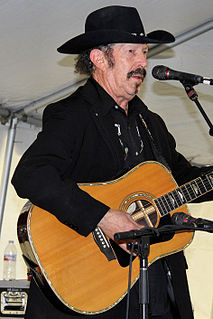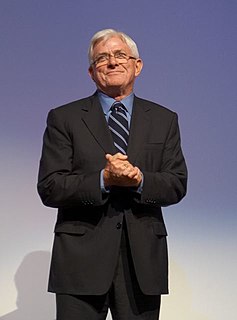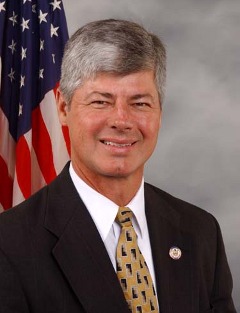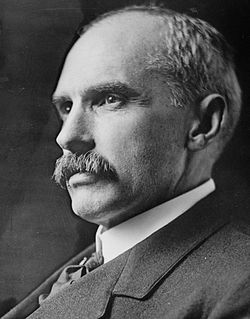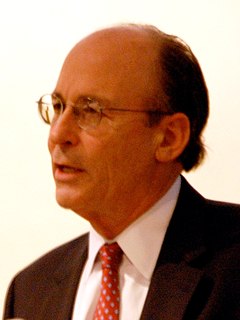A Quote by Kinky Friedman
We're first on executions. We're 49th in funding public education. We're in a race with Mississippi for the bottom, and we're winning.
Quote Topics
Related Quotes
When we really began executions rather than lynchings, black folks were 22% of our population in 1950, for instance, but they were 75% of the executions. Now, African-Americans are 13% of the population, but they're still almost half of death row, and over a third of the executions. 34% of the executions are black folks. So, like, I mean, things like the race of the victim is one of the biggest determinants of who gets executed.
Student debt in the US has exploded in the past decade. One of the reason is that the private costs of attending college have risen sharply, with public higher education funding having been cut sharply. Average public funding per student was 15 percent lower in 2015 than in 2008, and 20 percent lower than in 1990. The burden of the public funding cuts has been worsened by the stagnation of average family incomes. By 2014, this figure had nearly doubled, to 35 percent of median household income.
Education is the key to perpetuation of the [god] virus for the Taliban, Baptist or Catholic. If the virus cannot control public education, it will seek to divert resources from public coffers to fundamentalist school funding. From the madrassa schools of Pakistan to the Christian push for school vouchers in the United States and the religious home school movement, religions seek to control education or to control the resources for education.
The educational system in the US was a highly predictable victim of the neoliberal reaction, guided by the maxim of "private affluence and public squalor." Funding for public education has sharply declined. As higher education is driven to a business model in accord with neoliberal doctrine, administrative bureaucracy has sharply increased at the expense of faculty and students. Cost-cutting leads to hyper-exploitation of the more vulnerable, creating a new precariat of graduate students and adjuncts surviving on a bare pittance, replacing tenured faculty.
